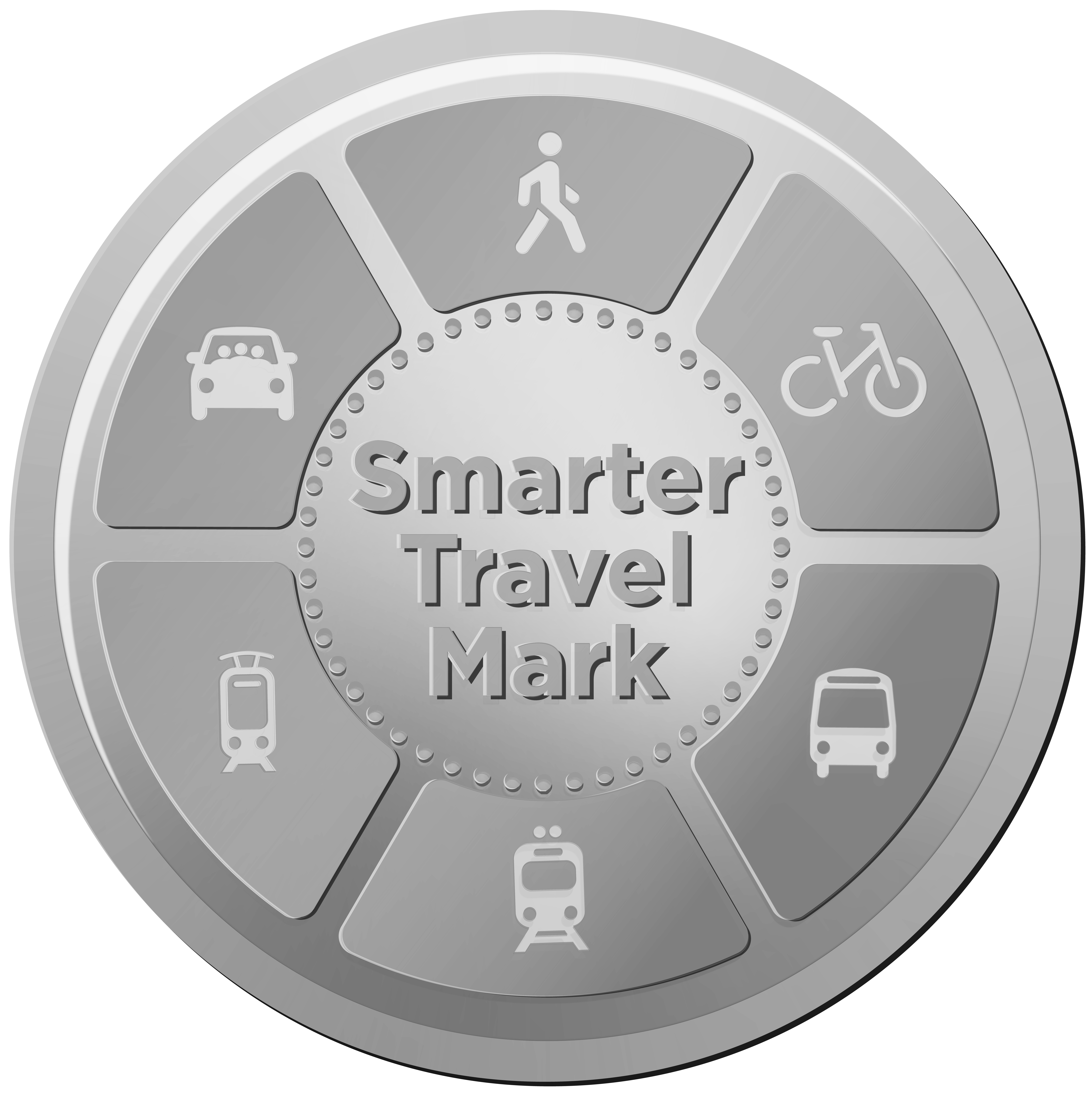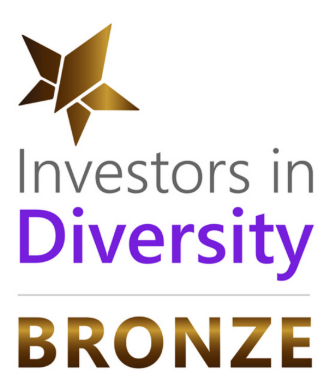New publications: QQI Insights on Work-integrated Learning
QQI has published two new Insights reports arising from research undertaken with stakeholders to inform the development of statutory quality assurance guidelines on work-integrated learning.
Work-integrated Learning Practice in Ireland outlines the types of work-integrated learning currently practised in Irish further education and training (FET) and higher education (HE) as reported by practitioners in those sectors. The report notes:
- that the stated objectives for work-integrated learning across both sectors emphasise the application of theory to practice and include an explicit focus on the development of transversal skills;
- the relative dominance of types of work-integrated learning that are anchored within a workplace or practice-oriented environment, e.g. placement, internship, work experience etc;
- evidence of other types of work-integrated learning such as industry projects etc. is less frequent;
- some evidence of an increase in the number of learners engaging with work or practice opportunities via remote or hybrid working arrangements;
- evidence of divergent understandings of what may be entailed in facilitating the inclusion of diverse learners within assessment strategies.
Quality Assuring Work-integrated Learning in Irish Tertiary Education provides a thematic analysis of the perspectives and experiences of a wide range of stakeholders with an interest in work-integrated learning. These include:
- learners and recent graduates;
- FET, HE and apprenticeship providers and practitioners;
- employers, placement providers and industry, community and professional partners involved in work-integrated learning;
- professional, statutory and regulatory bodies, industry and sectoral representative bodies and members of apprenticeship consortia;
- key agencies and government bodies.
The report notes that:
- stakeholders view work-integrated learning as beneficial in facilitating applied learning and developing work-ready skills among graduates - particularly for the development of soft skills and transversal skills;
- external partners perceived that learners are often under-prepared to commence workplace-based learning experiences and that a greater emphasis on preparation by education providers, particularly in relation to behavioural expectations and basic technical skills, is desirable;
- both external partners and education providers perceive challenges or gaps in lines of communication, which can undermine the experience of learners;
- education providers emphasised the importance of workplace mentors and supervisors in facilitating workplace-based forms of work-integrated learning, noting challenges associated with training, supporting and engaging workplace mentors and supervisors.
Learners identified particular challenges relating to:
- the availability of work experience and placement opportunities
- inappropriate working conditions an a lack of remuneration or subsidy for extensive placement hours
- learning environments that do not always facilitate meaningful experience or achievement of all learning outcomes
- a lack of accessibility, socioeconomic barriers and a lack of flexibility in the organisation of, and processes for, work-integrated learning experiences.
The findings of both reports will inform the development of draft statutory guidelines which QQI expects to publish for consultation in the coming months.


